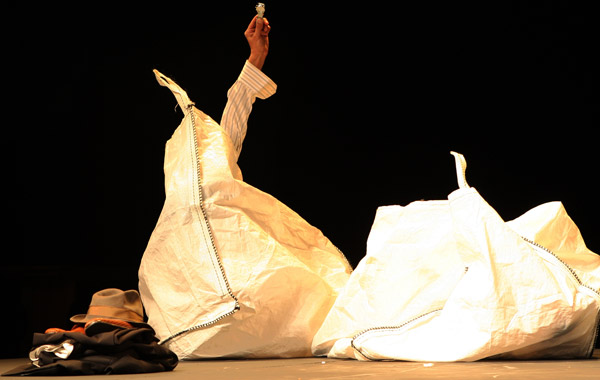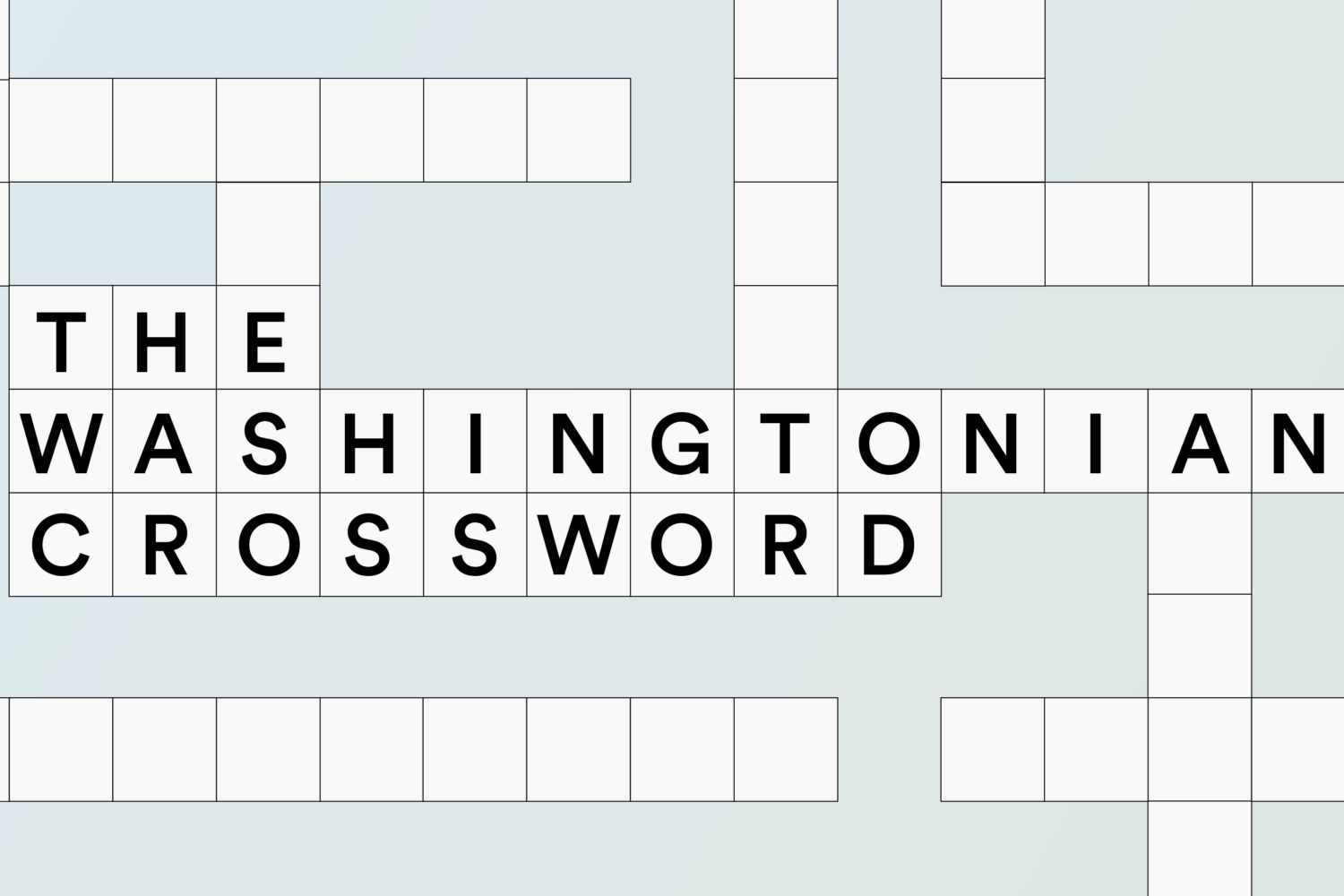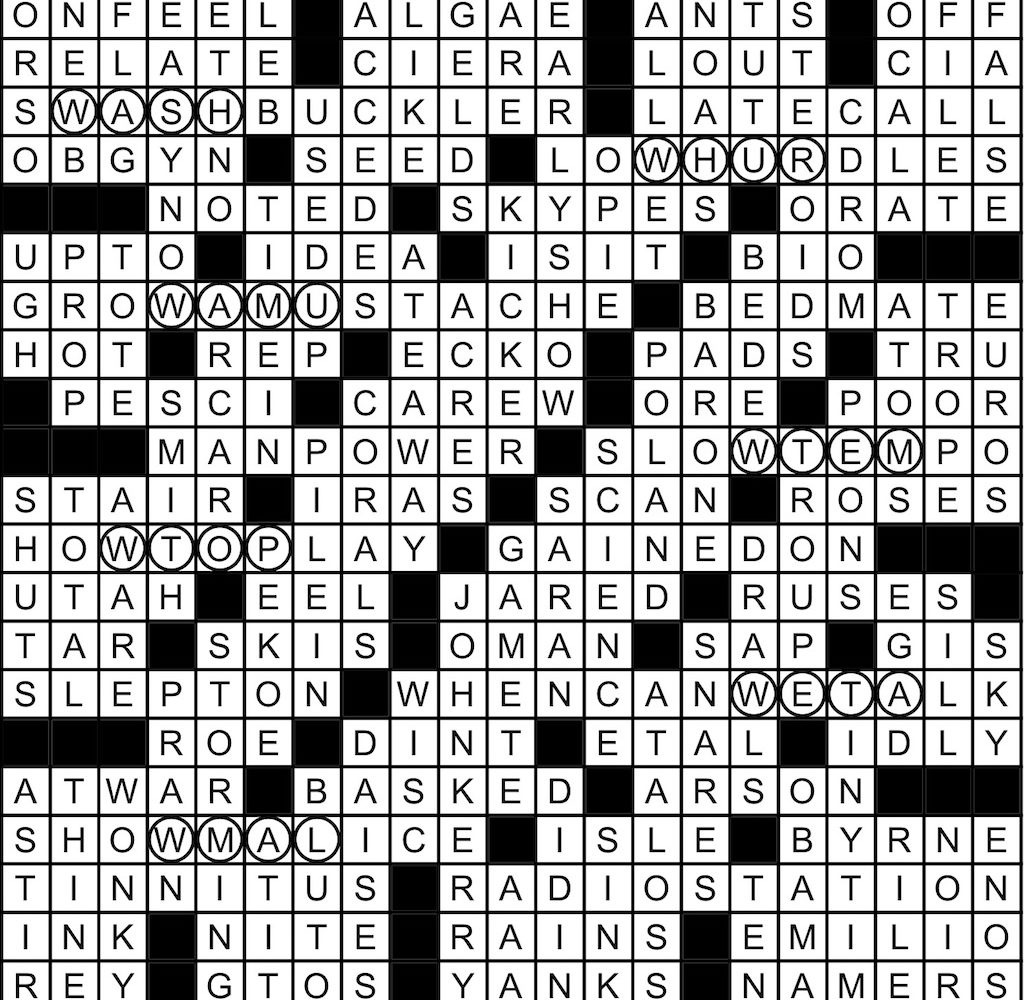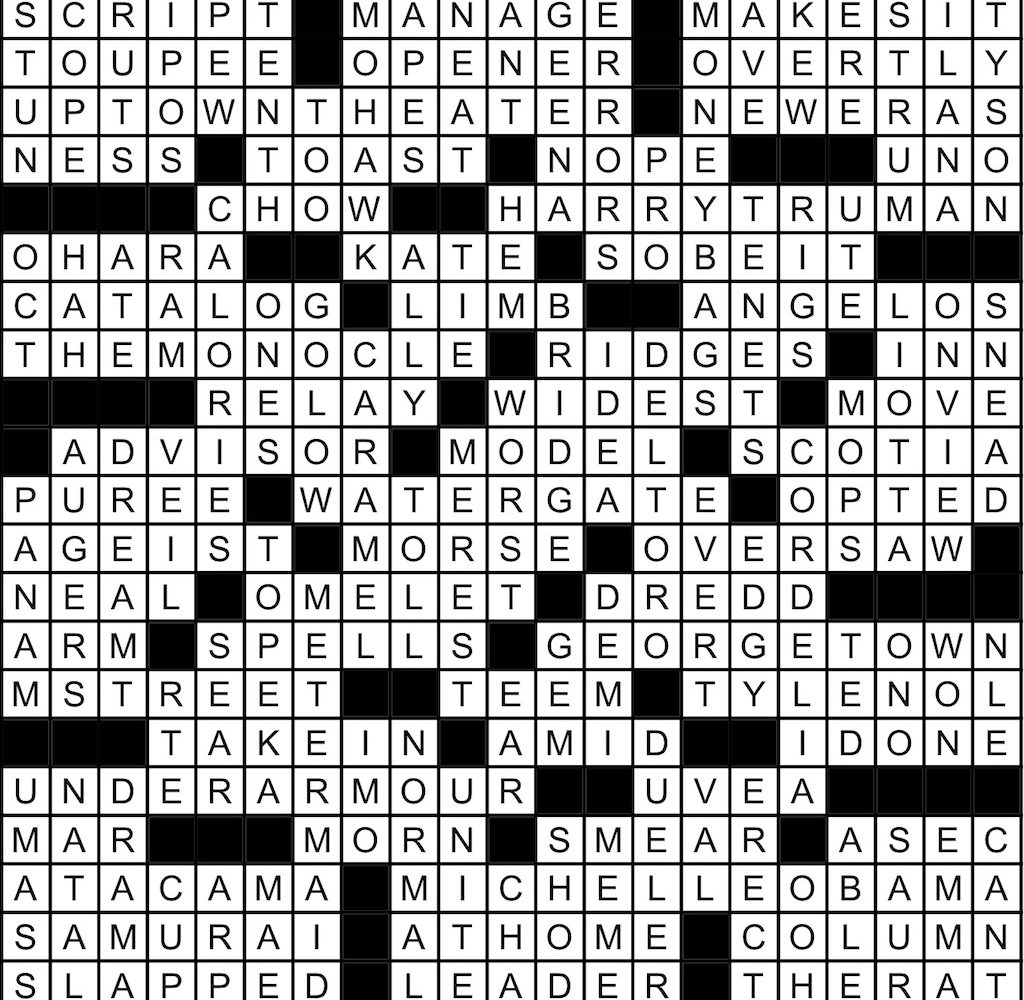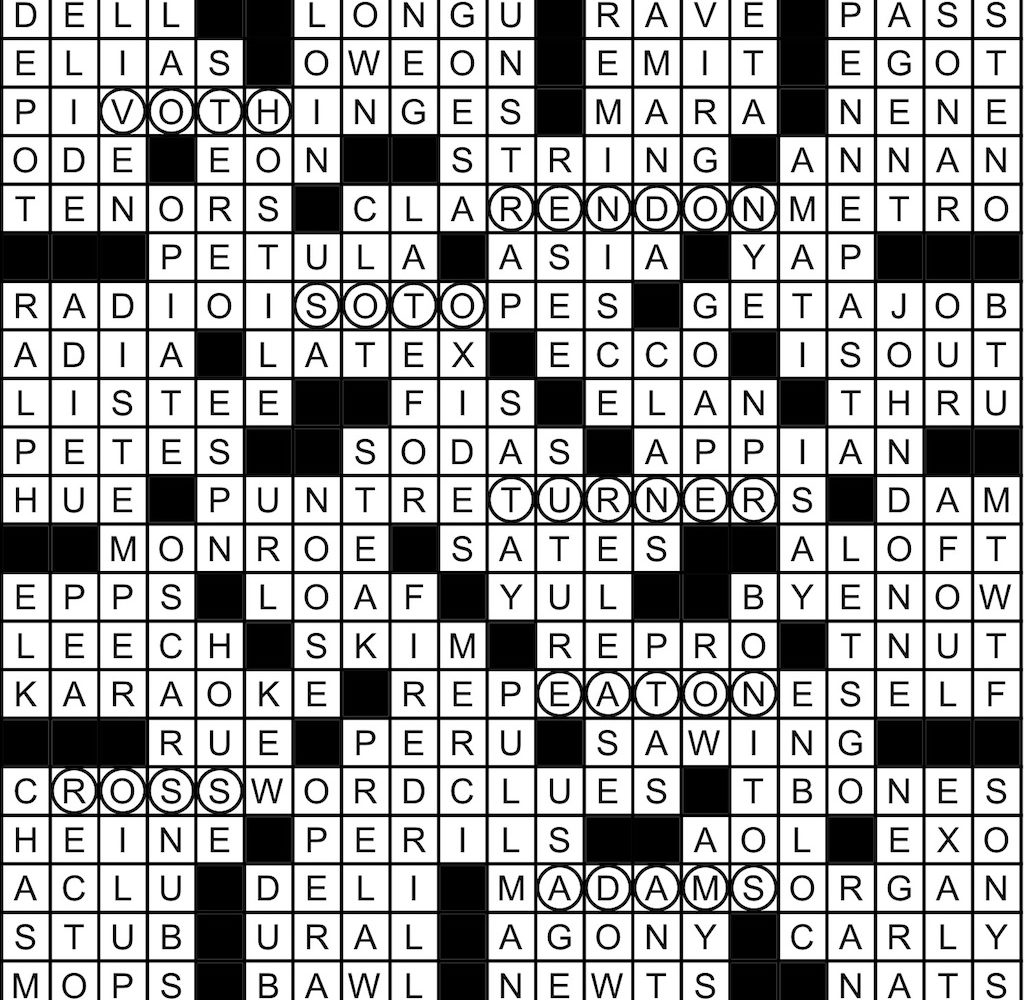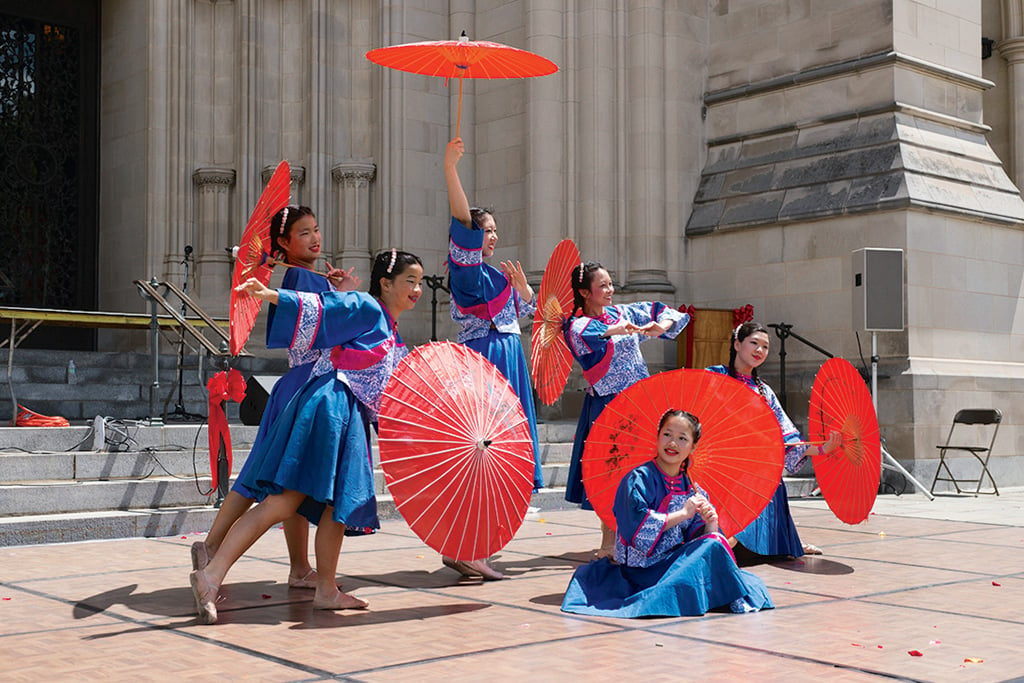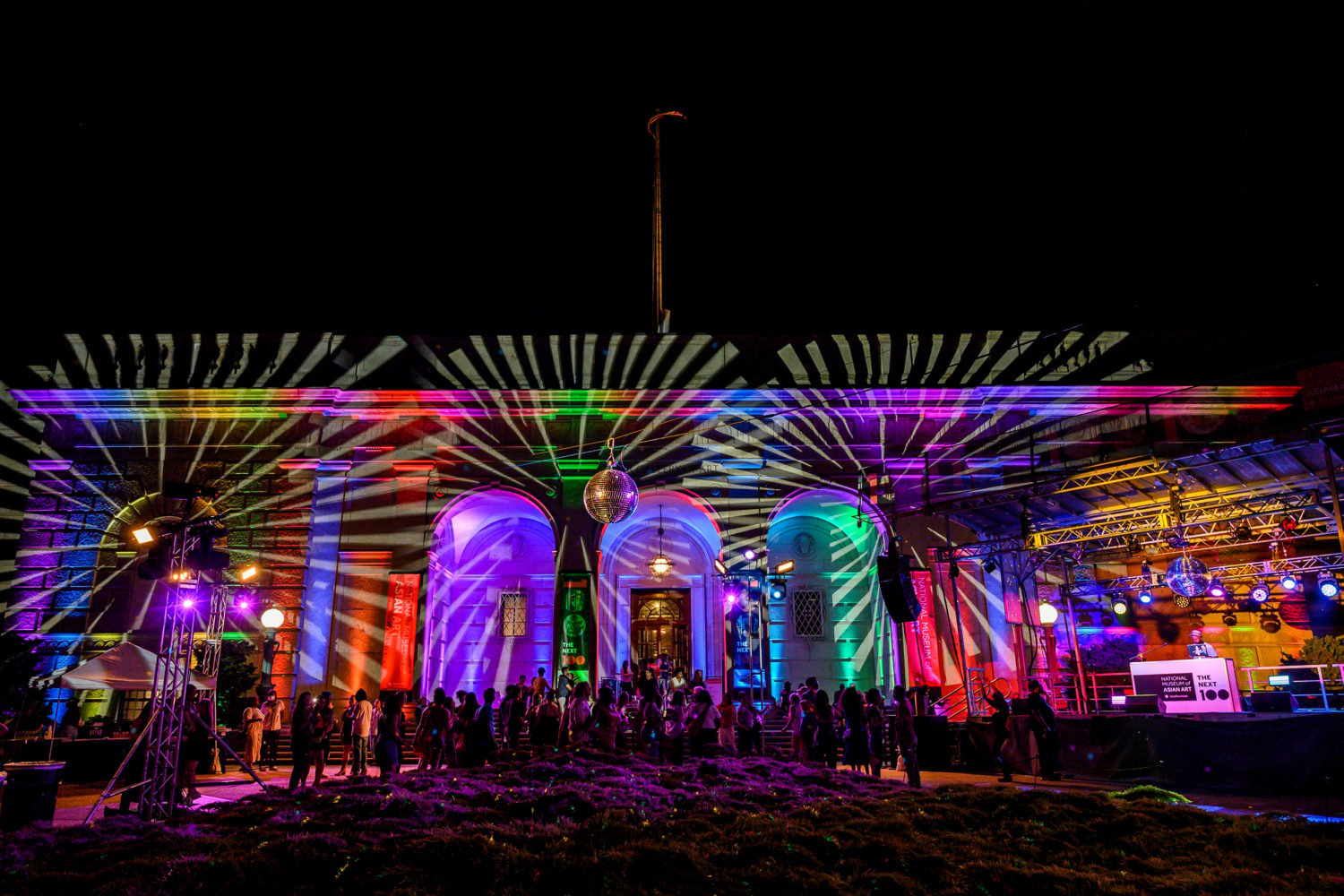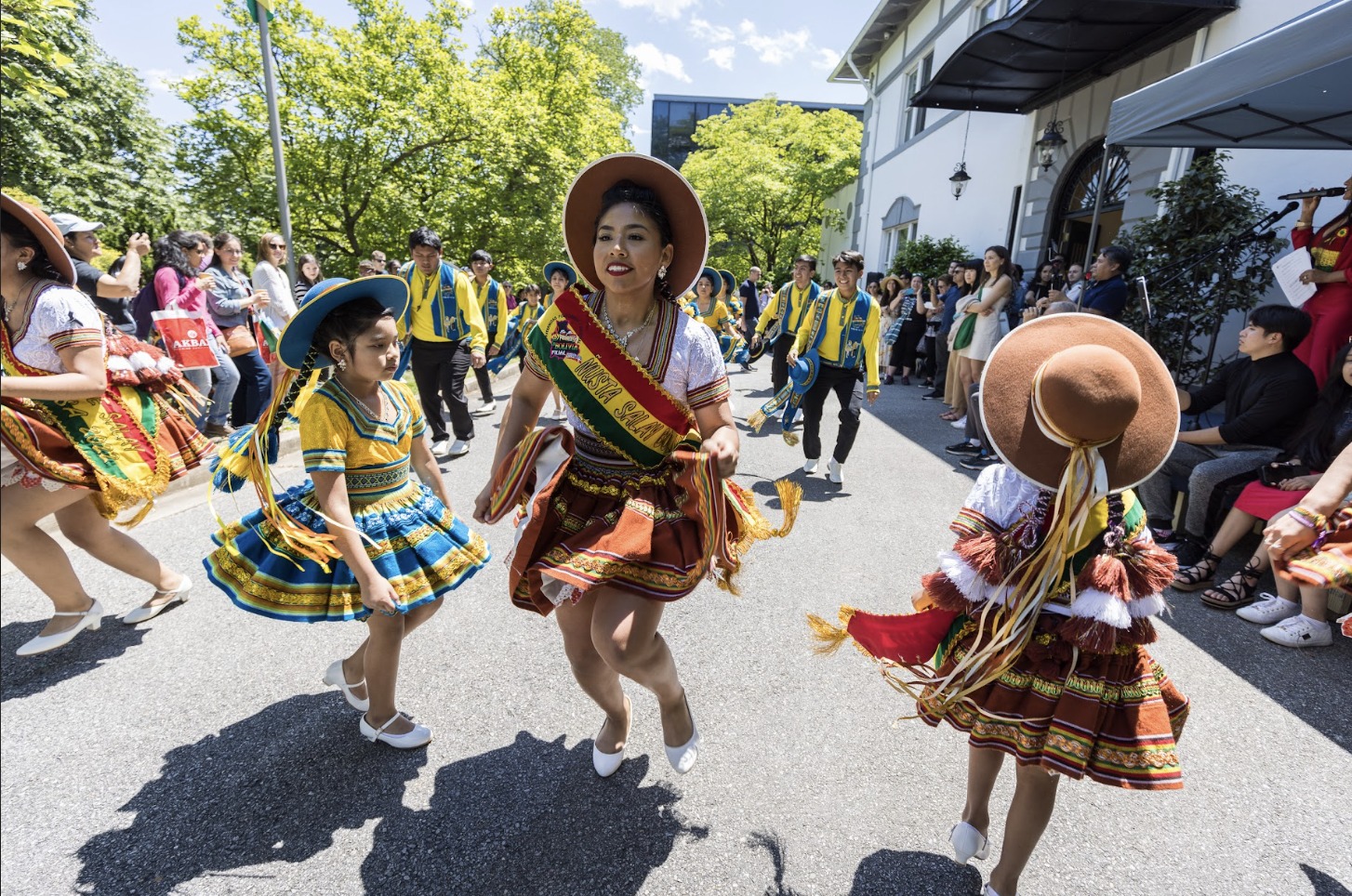“The most intense and personal writing of our time comes from Samuel Beckett,” wrote Peter Brook in his 1968 theater manifesto, The Empty Space. For theater nerds, a production pairing Brook and Beckett is a dream come true: the master of minimalist, innovative direction and the avant-garde, existentialist playwright. Fragments, currently at the Kennedy Center, offers a chance to see arguably the best of both, as Brook takes five short works by a playwright often construed as bleak or ambiguous and transforms them into something life-affirming. Through canny direction, Beckett comes across as one of the great translators of the human experience.
When Beckett was awarded the Nobel Prize for literature in 1969, the citation praised “his writing, which . . . in the destitution of modern man acquires its elevation.” Almost all of the characters in these five plays are destitute, frail, or irrelevant. The first work, “Rough for Theater I,” features a blind violinist (played by Yoshi Oïda) and a cripple (Bruce Myers) who form a lifelong partnership, each declaring the other to be a “poor wretch.” The cripple longs for someone to help him get around physically, while the blind man wants to know whether it’s night or day: “What is it all looking like now?”
As in all great Beckett partnerships, mutual desire for companionship is distorted by an inability to get along, and the relationship sours. The physical presence of actors Myers and Oïda is both mesmerizing and funny. Every one of their gestures and expressions is filled with meaning; each word has power. In any other production, Oïda’s heavily Japanese-accented English might prove distracting, but in the context of Beckett’s pared-down language, it’s somehow appropriate.
Fragments has three performers; the other one, Hayley Carmichael, performs solo in the second piece, “Rockaby,” and in the fourth, “Neither.” Anyone familiar with previous productions of “Rockaby” knows it as a deeply sad and almost frightening play, with its sole character, an old woman rocking in a chair and delivering a stream-of-consciousness narrative on life, death, and imprisonment. Carmichael is a masterful performer, tackling the text simply but with a sense of humor.
The third vignette, “Act Without Words II,” is a breathtaking piece of physical theater, with the characters played by Myers and Oïda being “born” out of large burlap sacks by the disruptive poking of a large stick from on high. (God? The director?). Each, in turn, acts out the process of getting dressed, but while Oïda is fatalistic, sighing and scrunching up his face every time something goes wrong, Myers is manic to the point of being irritating. When Oïda first wakes, he prays, taking comfort in the motion, but later he pauses, an expression of realization and despair visible on his face before the stage goes black.
In the final play, “Come and Go,” three elderly female friends, Flo, Vi, and Ru—two of them played by men—sit on a bench, alternately reminiscing about “the old days” and whispering revelations about one another as each takes turns leaving the bench and then returning. Finally, the three women grasp hands, finding comfort in their solidarity while at the same time gossiping about each other. This concluding gesture is both comforting and sad: Even as they support each other, the integrity of their relationship is compromised.
Fragments is at the Kennedy Center through Sunday—run, don’t walk, to see it. Theater events of this kind are rare and to be treasured. Brook, at age 86, is as gifted a director as ever, and his ability to make theater of the absurd not only meaningful but accessible is unique.
Peter Brook’s Fragments is at the Kennedy Center’s Eisenhower Theatre through April 17. Tickets ($20 to $49) are available at 202-467-4600 or the Kennedy Center’s Web site.
Subscribe to Washingtonian
Follow Washingtonian on Twitter
More>> After Hours Blog | Arts & Events | Happy Hour Finder | Calendar of Events

